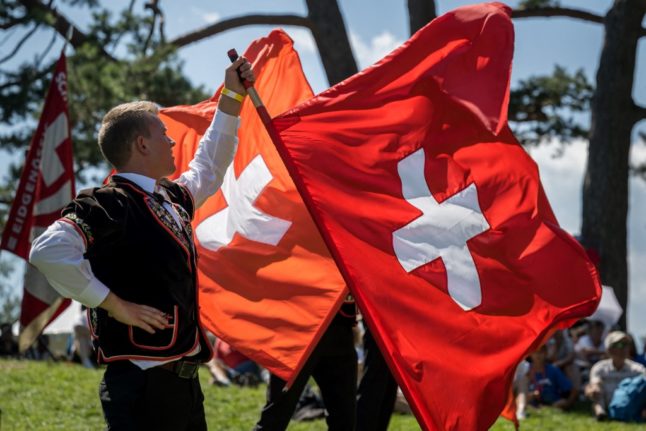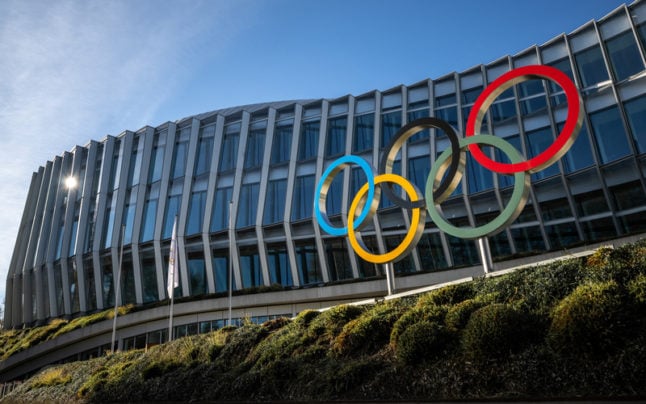A recent Credit Suisse study examined, among other things, whether Swiss national identity has been changing in view of the events like Russia’s invasion of Ukraine.
More specifically, researchers looked at the way Swiss people’s perception of their country’s role in the world has shifted in view of this geopolitical event.
But first, what exactly is ‘Swiss identity?’
This question is difficult to answer in relation to any nation, and Switzerland is no exception — even more so because it is not, as many people from other countries believe, homogeneous.
The 8.7 million people who live in the country are not only divided among four linguistic groups — German, French, Italian, and Romansh — but other distinctive characteristics also pay a role in defining Switzerland’s diversity.
For instance:
- Over 2.2 million of Switzerland’s population (25 percent) are foreigners, mostly from the EU.
- Nearly 2.9 million people (39 percent) have a migration background, including more than 1 million Swiss citizens.
In terms of mentality too, there are marked differences, not only between language groups — the so-called Röstigraben — but also between the more liberal urban areas and rural regions, which tend to be more conservative in their outlooks.
READ MORE: Röstigraben: The invisible barrier separating Switzerland
So it is fair to say that in matters of identity, the Swiss could be as different as their individual backgrounds, regions, and languages.
Yes, but is there such a thing as a single ‘national’ identity?
While this remains undefinable for all the reasons mentioned above, there is such a thing as “national characteristics,” although that could be part fact and part stereotype.
For instance, the Swiss are known to value punctuality, hard work ethic, rules, social justice, direct democracy, as well as freedom and independence (the latter trait often spilling into the country’s political stances).
They also don’t like to be told by other countries what to do within their own borders, according to the study’s findings.
When asked about various factors that threaten Switzerland’s identity, “external pressure, in its different forms, plays a significant role for many respondents,” researchers reported.
“In concrete terms, Switzerland’s dependence on the global economy, the EU and its problems, and immigration, are increasingly seen as threats to Switzerland’s identity.”
It is true that the Swiss often look down on anything foreign, believing that everything in Switzerland is better than elsewhere. That too, could be regarded as part of the elusive “national identity”.
READ MORE: Why do the Swiss think they are superior to everyone else?
Belief in their country and institutions
Swiss people’s assessment of their own country “remains positive by international standards, although Switzerland’s vulnerability has been laid bare by the pandemic and the war,” the study found.
For 92 percent of respondent, the Swiss economy is in good shape compared with other countries.
In addition, 54 percent of those surveyed still believe Switzerland can compensate for more difficult access to the EU market through increased trade relations with third countries.
This positive outlook ties in with yet another finding: the trust people have in their public institutions is stable and broad-based.
The fact that the Swiss have such confidence in their government is also an aspect of national identity: the unshaken belief that authorities which the people themselves elect will not let them down.
That trait, by the way, extends to foreign nationals living in Switzerland who, in some cases at least, trust the state even more than the Swiss themselves.
READ MORE: Why do foreigners in Switzerland trust the government more than the Swiss?



 Please whitelist us to continue reading.
Please whitelist us to continue reading.
Member comments